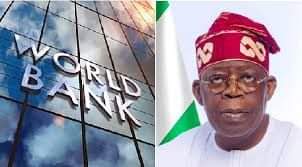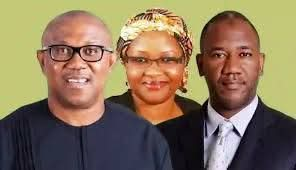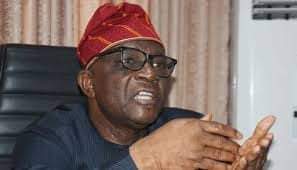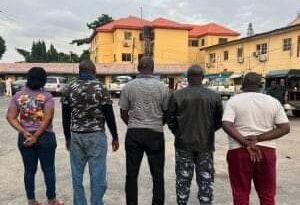Tinubu once again to borrow fresh $1.7 billion World Bank loan making a total of $6.65 billion under 15 months
The Federal Government is shopping for a new $1.7 billion loan from the World Bank, with approval anticipated on September 26, 2024, according to reports.
The funding is to support three major development initiatives aimed at strengthening Nigeria’s economic stability and resource mobilization efforts.
Reports further said that a larger chunk of the loan – $700 million – is earmarked for the Sustainable Power and Irrigation for Nigeria Project, which aims to enhance power generation and irrigation infrastructure critical for agricultural and industrial growth.
Additionally, $500 million is to support the Nigeria Human Capital Opportunities for Prosperity and Equity Governance Project, which seeks to improve education, healthcare, and social protection services.
A further $500 million is allocated to the Nigeria Primary Healthcare Provision Strengthening Program to bolster the country’s healthcare system by improving service delivery and infrastructure.
The projects have progressed to the negotiation stage, the final phase before approval, indicating that Nigeria, represented by the Minister of Finance, has successfully cleared the appraisal process with the World Bank.
If approved, Nigeria’s total borrowing from the World Bank in 2024 would reach $3.95 billion, bringing cumulative loans secured under President Bola Tinubu’s administration to $6.65 billion.
The fresh loan package underscores Nigeria’s reliance on external financing for key sectors such as healthcare, education, agriculture, and infrastructure as the country grapples with rising debt servicing costs.
The World Bank has been a consistent lender to Nigeria, with its total exposure to the country amounting to $15.59 billion as of March 2024.
The Nigeria Human Capital Opportunities for Prosperity and Equity project aims to improve healthcare service quality and resilience by leveraging additional resources and aligning donor financing with government priorities.
Tinubu, Edun and Cardoso
Meanwhile, the primary healthcare project is focused on strengthening infrastructure, training healthcare workers, and improving healthcare delivery, and will be implemented by the Federal Ministry of Health.
The Sustainable Power and Irrigation for Nigeria project, supervised by the Ministry of Water Resources, seeks to address long-standing power generation challenges while enhancing irrigation infrastructure to support agricultural productivity.
Beyond this $1.7 billion loan, Nigeria is expected to receive an additional $500 million in December 2024 for the Rural Access and Agricultural Marketing Project and another $500 million for the Solutions for Internally Displaced and Host Communities Project by April 2025.
It marks the latest in a series of loans from the World Bank, following the $2.25 billion package approved in June 2024 for economic stabilization and resource mobilization.
Despite concerns over Nigeria’s growing external debt, the government continues to prioritize external financing to address critical gaps in its development agenda.
Nigeria’s external debt burden, particularly its obligations to the World Bank, continues to mount as State governments have borrowed heavily in recent months, with 20 governors securing N446.29 billion in loans in the first half of 2024 alone.
The rising financial burden highlights the growing pressure on Nigeria’s fiscal stability amidst ongoing economic reforms.





